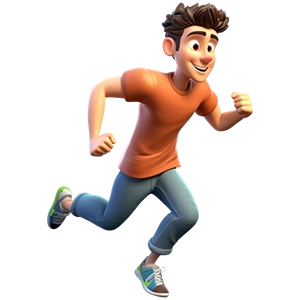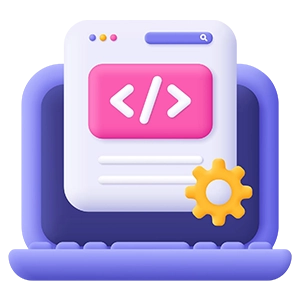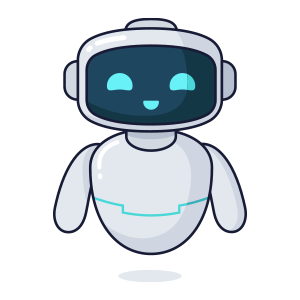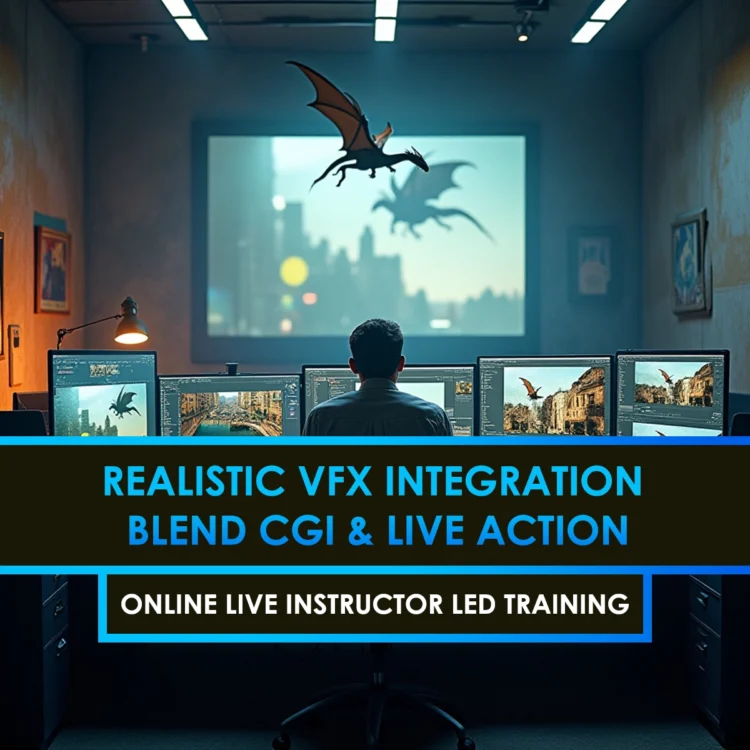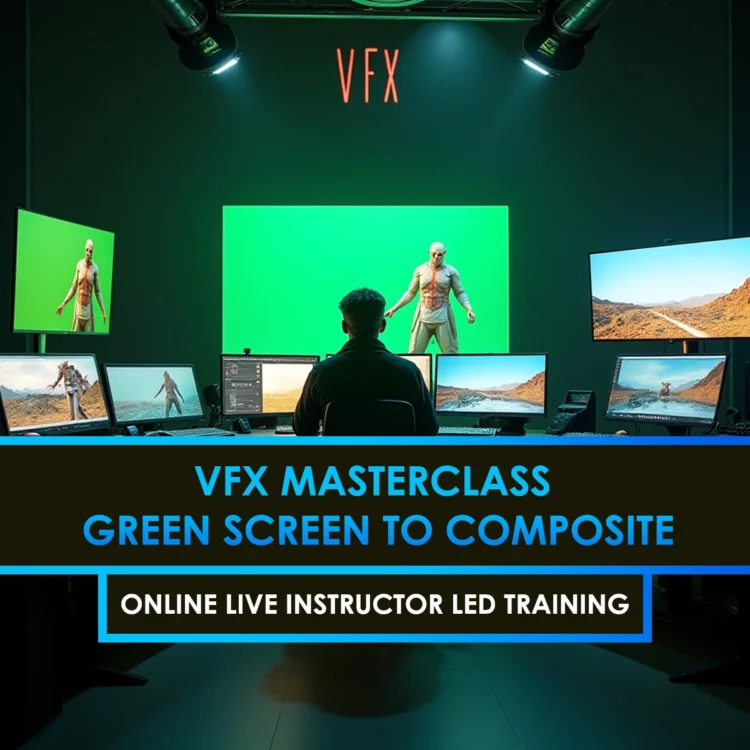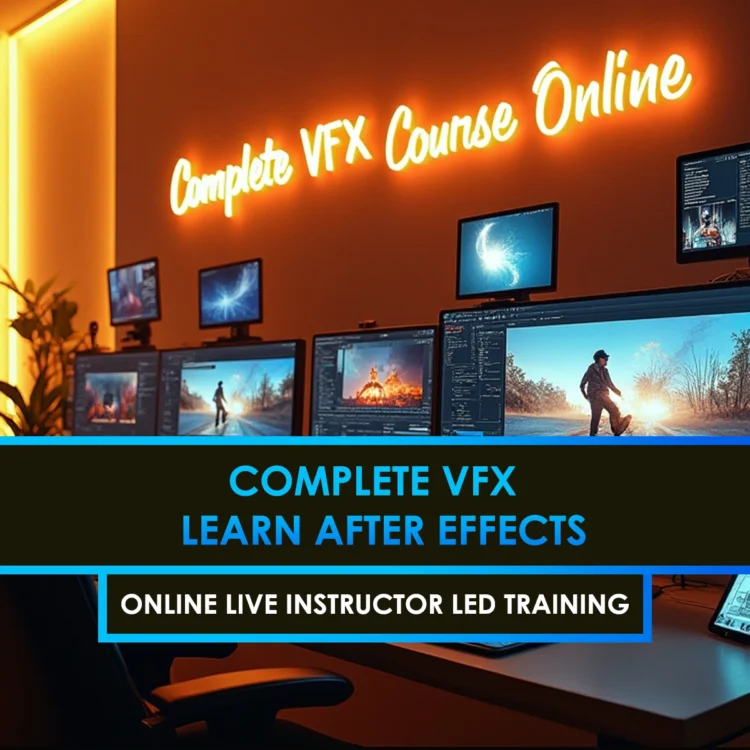Curriculum
- 8 Sections
- 23 Lessons
- 10 Weeks
Expand all sectionsCollapse all sections
- Game Design FoundationsGame Design Foundations teaches the core principles behind creating fun, balanced, and engaging game experiences.3
- Core Gameplay MechanicsCore Gameplay Mechanics focuses on designing the rules, actions, and feedback loops that shape how players interact with your game.3
- Advanced Game SystemsAdvanced Game Systems explores complex, interconnected gameplay elements like AI, economies, and progression systems to create deeper, more dynamic game experiences.3
- Storytelling & Narrative DesignStorytelling & Narrative Design teaches you how to craft compelling characters, worlds, and branching storylines that enhance gameplay and player immersion.3
- Level & Environment DesignLevel & Environment Design shows you how to create engaging game worlds and levels that guide players, shape gameplay, and support storytelling through layout and visual cues.3
- UI/UX and Player FeedbackUI/UX and Player Feedback teaches you to design intuitive interfaces and deliver clear visual, audio, and interactive cues that enhance gameplay and player experience.2
- Playtesting & PolishPlaytesting & Polish focuses on testing your game to identify issues, gather feedback, and refine mechanics, visuals, and user experience for a smooth, enjoyable final product.3
- Final Capstone ProjectFinal Capstone Project allows you to apply everything you've learned by designing a complete game concept, developing a Game Design Document, and presenting your finished project for feedback.3
A Game Design Certificate Course Online teaches you the fundamentals of game creation, from gameplay mechanics to storytelling, and provides a certificate to validate your skills upon completion.
Yes! You can learn game design online through self-paced courses, where you'll gain hands-on experience with industry tools and create your own games, regardless of prior experience.
The best online game design course for beginners combines practical game creation with easy-to-understand lessons on game mechanics, level design, and storytelling. Look for courses with high ratings, real-world projects, and supportive instructors.
A Game Design Course focuses on the creative and conceptual aspects of game creation, while a Game Development Course dives deeper into coding, programming, and building the game technically.
No coding skills are required for most game design courses online, as many focus on design theory, user experience, and the use of no-code tools like Unity and Godot, which offer visual scripting options.
Yes, most game design certificate courses online offer a certificate upon successful completion, which you can showcase on your resume or LinkedIn profile.
The duration of a game design course online typically ranges from a few weeks to several months, depending on the course’s complexity and whether it’s self-paced or instructor-led.
In a game development course online, you’ll learn to use tools like Unity, Unreal Engine, or Godot. Some courses also teach no-code platforms, which are great for beginners.


